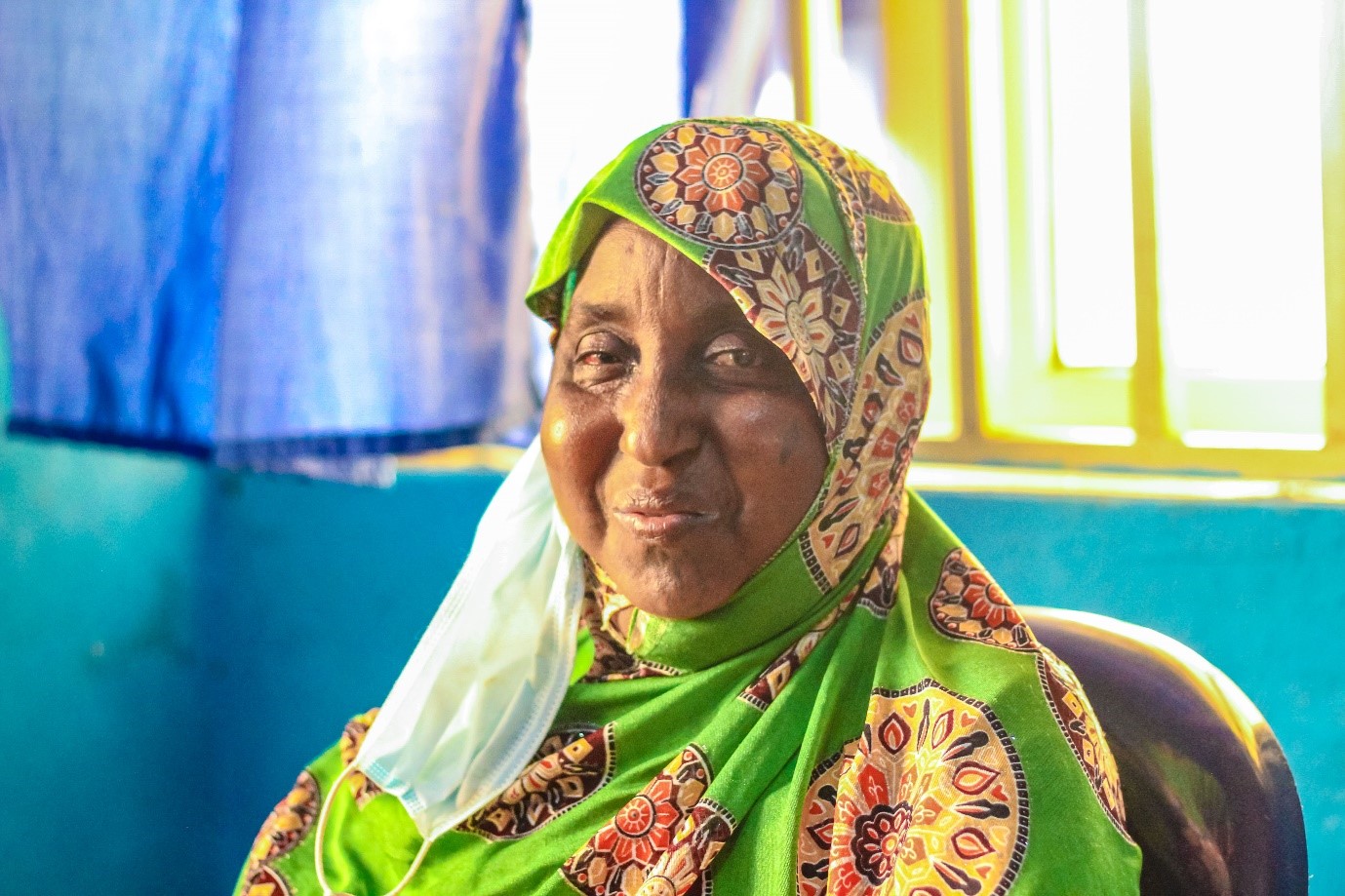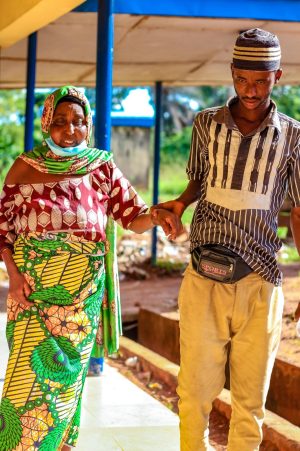SightSavers, an international charity organization dedicated to preventing avoidable blindness in over 30 low and middle-income countries, has thrown its urged global leaders to prioritize equitable access to eye health.
The organization, in tandem with its vision to “fight avoidable blindness, tackle neglected tropical diseases while promoting equal opportunities for people with Disabilities” has charged leaders across the globe with making equal access to eye health a priority in their various healthcare service delivery systems.
Sightsavers in a press release signed by its Communications Associate, Joy Tarbo, mentioned that everyone, including remote and rural communities, women and girls, people with disabilities, should have access to the services they need.
The group decried a situation where availability of eye health services and products like glasses varies across and within countries. These, it noted, are often easily accessible in urban areas but less so in other places, and for marginalized groups.
Citing reports, the statement reads in part that “some 1.1 billion people have an untreated or preventable visual impairment. In Nigeria, there were an estimated 24 million people with vision loss in 2020, with only 3 ophthalmologists per million people. This is lower than the World Health Organization’s minimum recommendation of 4 ophthalmologists per million.
“It was also discovered that women account for more than half of blindness and visual impairment across the world. Furthermore, compared to people without disabilities, people with disabilities are three times less likely to get the healthcare they need.”
Dr Sunday Isiyaku, Country Director at Sightsavers also remarked that “eye health should be equally available to everyone, no one should be disadvantaged because of where they live, their gender, health, or background. But currently it is inaccessible for some sectors of society and even a luxury for those in urban areas.
“This needs to change. When we tackle these issues, children can learn, and adults can earn. Eye health equals a ripple effect on the lives of individuals, families, and communities, helping nations to thrive and reducing poverty and inequality.”
Sharing success stories and the impact of Sightsavers commitment to inclusive eye health, the statement reads in part that “five years ago, Hadiza started having pain in her eyes. Being diabetic, she believed it was a side effect of her medication. Her eyesight kept getting worse by the day and her son had to help her move around. Whenever her son was not available, her daughter who lives elsewhere, had to come and support her.
“Her son heard about cataract surgeries being done at a Sightsavers project in collaboration with the state Ministry of Health. He took her to Ankpa hospital, where it was discovered that she had cataracts and surgery was done. She is now able to see clearly and perform daily activities with ease.
The group thereafter “encourage collaborations amongst organizations, national governments and local communities in order to reduce preventable blindness, offer eye care and enhance eye health service delivery”.

“Accordingly, Sightsavers is supporting the Federal Ministry of Health to commemorate World Sight Day. One way it is doing this is by launching the new national eye health strategy as well as a glaucoma toolkit. The national eye health strategy is a roadmap to improve eye health services. This strategy is a guiding document to steer the direction of eye health for the next five years.
Commenting on the collaboration, Dr Selben Penzin, Senior Program Manager (Eye Health) at Sightsavers continues: “We are already working with the government and other partners to improve eye health services and we commend their efforts. But more needs to be done to ensure eye health is represented in health planning, resourcing, and funding. Including people with disabilities, women, and other marginalized groups, community outreach, and a geographically spread workforce, will help reduce disparity of access.”
In the seven decades since its foundation, Sightsavers has supported more than 1.7 BILLION treatments for neglected tropical diseases, carried out more than 8.7 million cataract operations to restore sight. The organization has also done more than 216 million eye examinations, in the process, diispensing more than 6.1 million glasses. More than 190 thousand children with disabilities and visual impairment have received SightSavers support to attend school each year.


